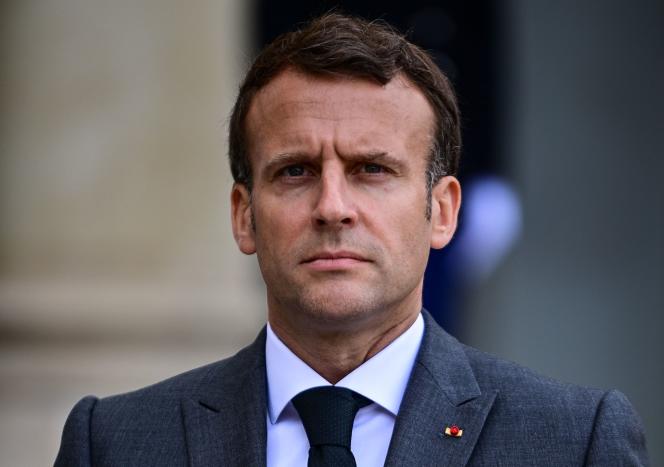After days of political uncertainty and speculation, President Emmanuel Macron has made his decision: Sébastien Lecornu will remain Prime Minister. The long-awaited announcement, which had been expected since Wednesday, was officially confirmed Friday evening after a final round of consultations at the Élysée Palace.
This move ends a tense period marked by growing rumors and competing scenarios. Macron had spent more than two hours in discussions with leaders from the major political parties—excluding La France Insoumise and the National Rally—before settling on his choice. The President cited the need to maintain “continuity in government action” and to avoid a new institutional crisis, especially with the 2026 budget debates looming.
At 39, Lecornu accepted the renewed mandate, saying he did so “out of duty.” Formerly the Minister of the Armed Forces, his promotion to Matignon signaled the President’s ongoing trust in a close ally seen as both loyal and reliable. Macron, facing a fragmented political landscape, appears to have opted for stability over experimentation.
Earlier in the day, political circles were abuzz with speculation. The names of Jean-Louis Borloo and Pierre Moscovici were being floated as serious contenders. Borloo, a centrist and former cabinet minister, was viewed as a potential unifier capable of rallying moderates. Moscovici, the outgoing head of the Court of Auditors, represented a technocratic, consensus-based option. But in the end, Macron chose the path of least resistance, sticking with a known quantity rather than risking an unpredictable reshuffling of the political chessboard.
The broader context remains volatile. The French Parliament is more divided than ever. On the left, La France Insoumise is calling for the President to resign and has vowed to vote against any coalition government. Meanwhile, the far-right National Rally continues to demand the dissolution of the National Assembly. Marine Le Pen reiterated that her party would oppose every cabinet until fresh elections are called.
Against this backdrop, Lecornu’s reappointment is a calculated move aimed at preserving governmental stability. With a fractured Parliament and only a relative majority, he now faces the difficult task of pushing forward legislation, especially the contentious 2026 budget, in the face of fierce opposition.
By opting for continuity, Macron is playing a high-stakes game. While it may offer short-term stability, it also risks reinforcing the image of an administration retreating into its comfort zone. Lecornu, long considered one of Macron’s most loyal lieutenants, must now prove he’s more than just a presidential extension. His challenge is to demonstrate leadership, foster dialogue across party lines, and restore momentum to a presidency that many see as stagnating.
He inherits a fragile government and a deeply polarized political environment. His mission: to rebuild trust, defuse tensions, and breathe new life into a second term that has yet to find its footing.





